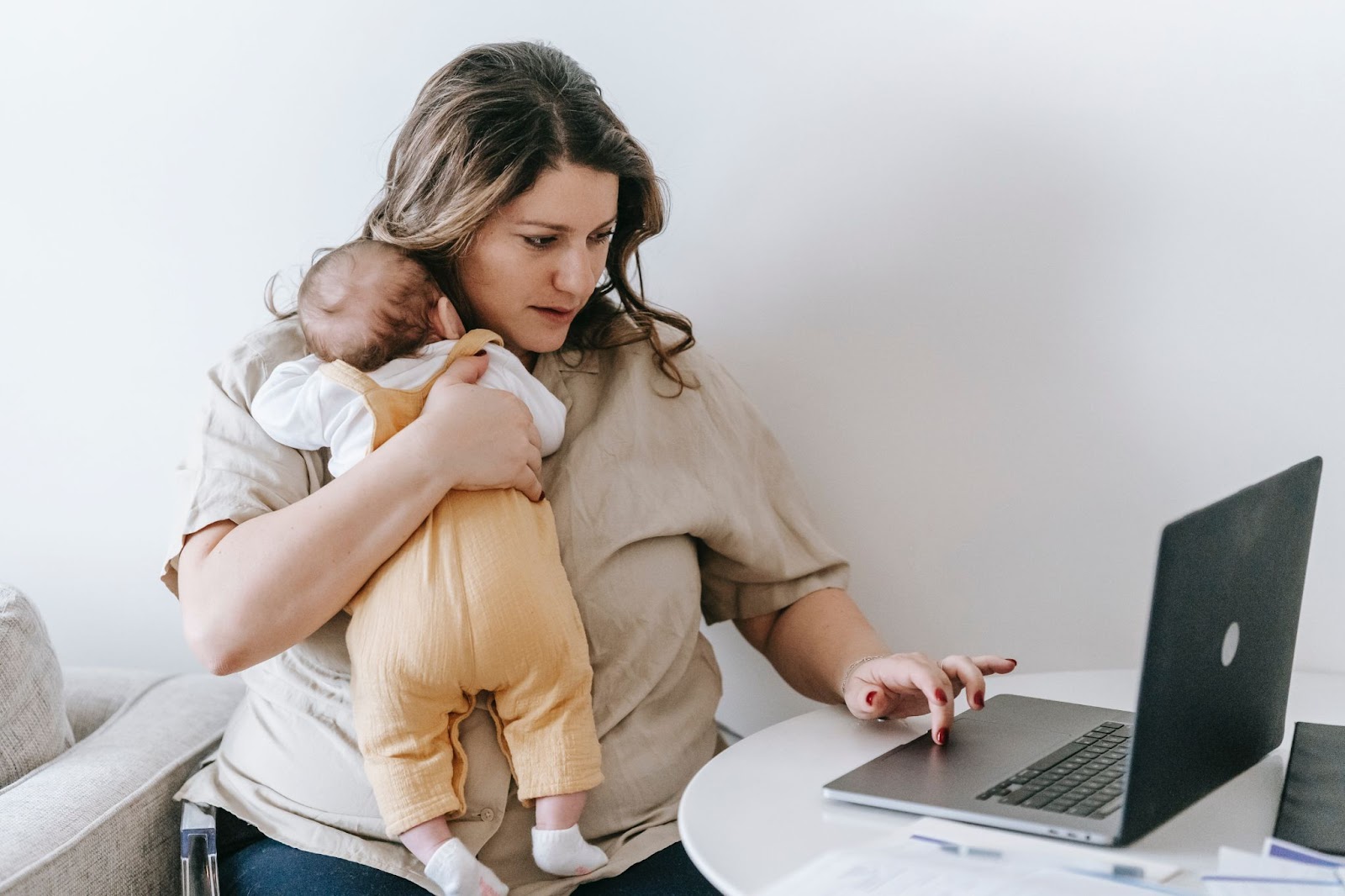Despite numerous challenges, more women than ever before are choosing to start their own businesses as a way to fight back against their workplace troubles. But why is freelancing the better option for these women?
Deciding to pursue a freelance career, though a popular choice, is a personal one. For a lot of female entrepreneurs, self-employment allows them to avoid the myriad of difficulties they may face in a traditional workplace and prioritise the things that are important to them.
Being your own boss provides an unparalleled level of freedom and flexibility, helping working women to maintain a healthy work-life balance and keep away from unsafe situations. While being successful may take a lot of time and effort, it’s achievable
Work On Your Own Time
Since you get to choose your own working hours, you get to experiment to find the times and patterns that work best for you, rather than sticking to a traditional 9-5 schedule. Honestly, one of the biggest challenges you’ll face as a freelancer is remembering to spend time not working!
For working mothers, this kind of flexibility allows them to organize around their childcare needs. This may mean working part-time during school hours or late at night after the kids are asleep; or even getting to have an extended maternity leave!
Choose Your Own Clients
When you are employed, you don’t have the luxury of choice over your coworkers or your clients. However, as a freelancer, everything is under your complete control. You get to decide everything - from the services you offer to the clients you choose to work with and the level of work you’ll accept. Work as much or as little as you like on projects that are meaningful to you or simply pay the bills.
Crucially for female entrepreneurs, we’re no longer forced to endure the rampant misogyny and discrimination that permeates office culture. Now we get to set our own rules and expectations, as well as fire any clients who undervalue our abilities, refuse to listen to our expert advice or abuse our professionalism. Though you may still have to work with demanding or annoying clients at times, you don’t ever have to work with them again if you don’t want to!
Work Anywhere
Working for yourself also allows you total autonomy over your office space. For some, working in the ambient noises of public areas like coffee shops or coworking spaces helps them to focus on the task at hand. Personally, I find these places a little too distracting and prefer to work from the comfort of my own living room. That way, I have constant access to the kettle and the support of my fluffy feline coworker.
For a lot of industries, freelancers can often work anywhere there is a stable internet connection. They aren’t bound to any one company or client and can choose to live and work from anywhere. While some jobs may require you to be near your clients, it’s possible to find these clients wherever you want to be located. By working remotely, you can remove any geographical barriers that may hinder you otherwise.
The rise in remote workers during the COVID-19 pandemic proves that these kinds of positions are both possible and desirable for the majority of the UK’s workforce. They eliminate a lot of risk for women, allowing them to avoid unsafe working environments and companies known for abuse.
Get Paid Fairly
Though setting your own rates may not completely evade the gender pay gap, freelancing provides access to clients outside of your normal sphere. No longer will you have to work long hours for meagre wages! Instead, you get to decide how much your services will cost your clients and when they are required to pay. Besides the legally required taxes, all profits are yours to keep and use for yourself and your business.
While freelancing can sometimes be difficult and a little unstable, the many benefits it provides are usually worth the risks that accompany it. Having the professional freedom to make your own business decisions in tune with your career goals is something every working woman should experience for themselves.
Photographer Credits:
Preview Photo: Anna Shvets
Image 1: Sarah Chai
Image 2: Karolina Grabowska
Image 3: Olya Kobruseva

